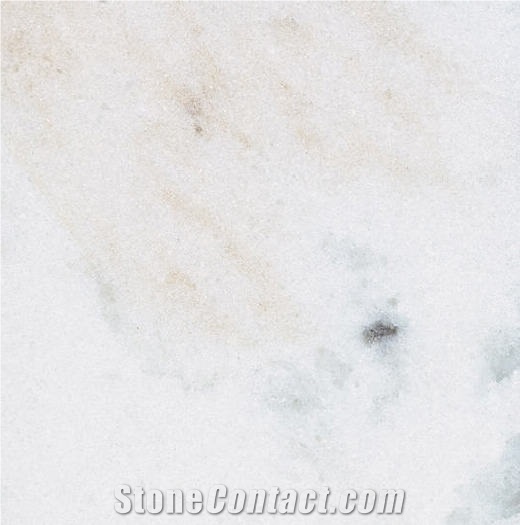How can I tell if white marble is high quality?
There are several factors to consider when determining the quality of white marble. Here are some key aspects to look for:
1. Whiteness: High-quality white marble typically exhibits a pure, bright white color without any signs of discoloration, yellowing, or grayish tones. The whiter the marble, the higher the quality.
2. Grain and Veining: Examine the pattern and veining of the marble. The veins in white marble should be delicate, consistent, and graceful. Beware of irregular or jagged veins, as they may indicate lower quality or potential weakness in the stone.
3. Uniformity: Look for consistent patterns and colors across the entire surface of the marble slab. Avoid any visible patches, blotches, or spots that significantly differ from the overall appearance.
4. Transparency: Hold the marble slab against a light source to check its transparency. High-quality white marble should have a certain level of translucency, allowing light to penetrate partially.
5. Density: White marble with high density tends to be more durable and less prone to scratches, chips, or cracks. Gently tap the surface and listen for a crisp, ringing sound, indicating a compact and solid composition.
6. Finishing: Assess the finish of the marble. A high-quality piece will have a smooth and polished surface, reflecting light clearly and evenly. Meticulous attention to detail in the finishing process is a sign of superior quality.
7. Origin: Consider the source or origin of the marble. Certain regions, like Carrara in Italy, are renowned for producing premium white marble due to their superior geological conditions and extraction techniques.
8. Expert Opinion: If you are unsure, consult with experts such as architects, interior designers, or stone specialists who can provide guidance based on their experience and knowledge.
Remember that these factors may vary based on personal preferences and specific project requirements. It is essential to assess the marble in person whenever possible to make an informed decision.
There are several factors to consider when determining the quality of white marble. Here are some key aspects to look for:
1. Whiteness: High-quality white marble typically exhibits a pure, bright white color without any signs of discoloration, yellowing, or grayish tones. The whiter the marble, the higher the quality.
2. Grain and Veining: Examine the pattern and veining of the marble. The veins in white marble should be delicate, consistent, and graceful. Beware of irregular or jagged veins, as they may indicate lower quality or potential weakness in the stone.
3. Uniformity: Look for consistent patterns and colors across the entire surface of the marble slab. Avoid any visible patches, blotches, or spots that significantly differ from the overall appearance.
4. Transparency: Hold the marble slab against a light source to check its transparency. High-quality white marble should have a certain level of translucency, allowing light to penetrate partially.
5. Density: White marble with high density tends to be more durable and less prone to scratches, chips, or cracks. Gently tap the surface and listen for a crisp, ringing sound, indicating a compact and solid composition.
6. Finishing: Assess the finish of the marble. A high-quality piece will have a smooth and polished surface, reflecting light clearly and evenly. Meticulous attention to detail in the finishing process is a sign of superior quality.
7. Origin: Consider the source or origin of the marble. Certain regions, like Carrara in Italy, are renowned for producing premium white marble due to their superior geological conditions and extraction techniques.
8. Expert Opinion: If you are unsure, consult with experts such as architects, interior designers, or stone specialists who can provide guidance based on their experience and knowledge.
Remember that these factors may vary based on personal preferences and specific project requirements. It is essential to assess the marble in person whenever possible to make an informed decision.
 Brazil
Brazil












 Turkey
Turkey
 6YRDiamond members are premium members on platform, providing members with comprehensive approach to promoting their products, increasing products exposure and investment return to maximize.
6YRDiamond members are premium members on platform, providing members with comprehensive approach to promoting their products, increasing products exposure and investment return to maximize.
 Verified Supplier is for prove company authenticity,including business license,trade license and effective office space,to enhance buyers' trust to suppliers and their products, reducing communication costs.
Verified Supplier is for prove company authenticity,including business license,trade license and effective office space,to enhance buyers' trust to suppliers and their products, reducing communication costs.




 China
China
 Verified Supplier is for prove company authenticity,including business license,trade license and effective office space,to enhance buyers' trust to suppliers and their products, reducing communication costs.
Verified Supplier is for prove company authenticity,including business license,trade license and effective office space,to enhance buyers' trust to suppliers and their products, reducing communication costs.







 Portugal
Portugal